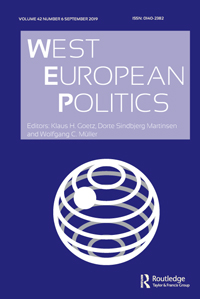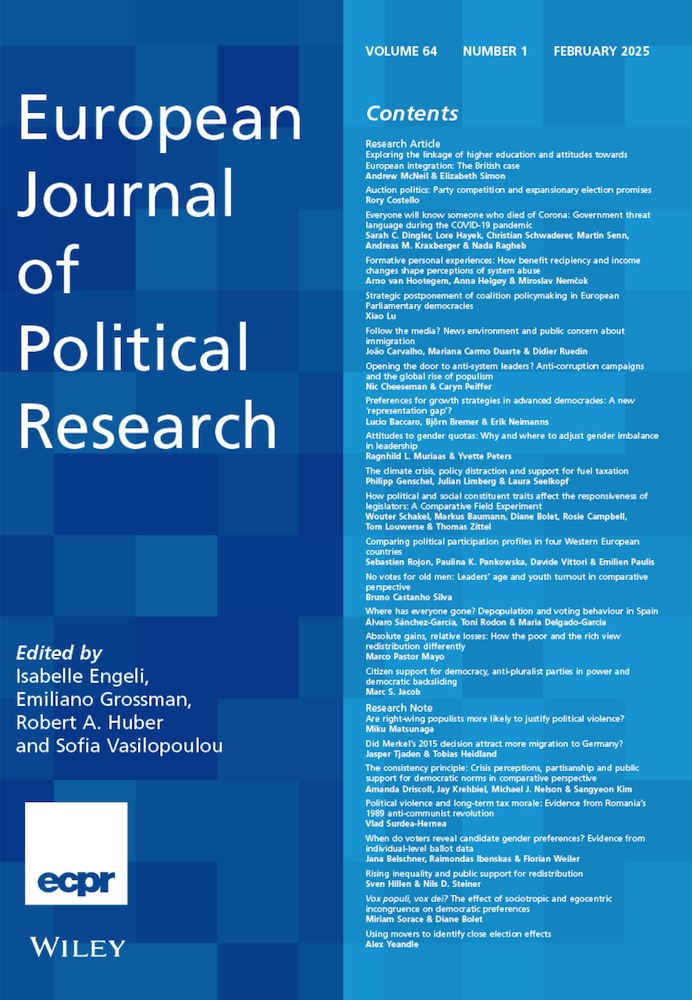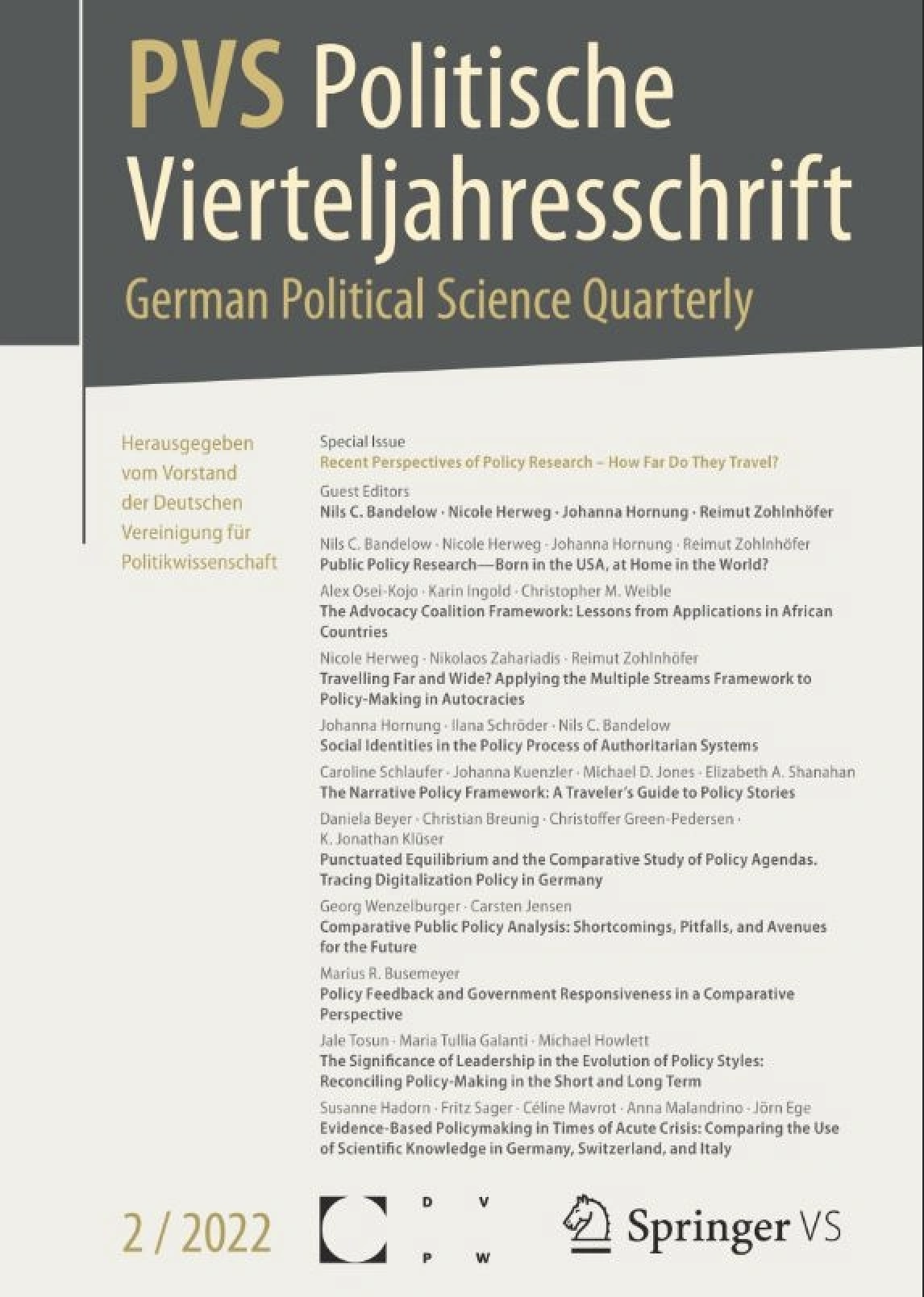Elias Koch

Hertie School (DYNAMICS RTG)
Friedrichstrasse 180
10117 Berlin, Germany
Welcome! I’m a Doctoral Candidate at the Research Training Group DYNAMICS, which is jointly organised by the Hertie School and Humboldt-University Berlin. At the Hertie School, I’m affiliated with the Research Project on “Election Forecasts for the German Federal Election 2025” as a Research Associate. During Hilary Term 2027, I will join the University of Oxford (DPIR/Nuffield College) as a Junior Visiting Scholar, hosted by Prof. Dr. Tarik Abou-Chadi.
My research explores party competition and political behaviour in established democracies, with a particular focus on public opinion dynamics. In my dissertation project, which is supervised by Prof. Dr. Simon Munzert and Prof. Dr. Heike Klüver, I study the behavioural and attitudinal consequences of election polling. Methodologically, I specialise in econometrics, experimental designs, and quantitative text analysis.
Before starting my PhD, I received a BA and an MA in Social Science from Humboldt-University Berlin and visited King’s College London for studies abroad.
On this website, you can learn more about my research and download my CV. Please feel free to reach out, I’d be happy to connect!


